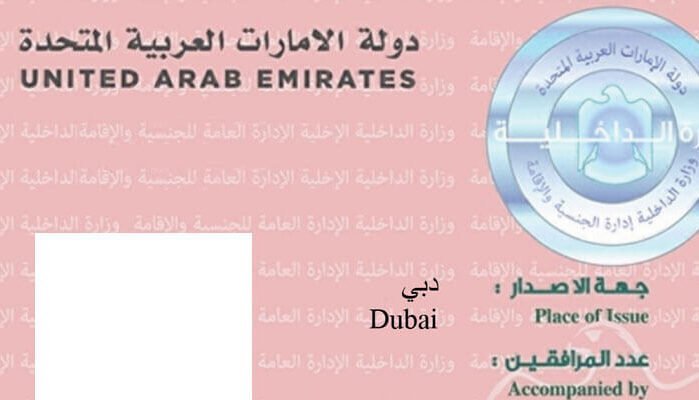This article will help you understand all the fundamentals & benefits of free zone business setup in the UAE.
The Basic Fundamentals of Free Zones in the United Arab Emirates (UAE)
Free Zones in the UAE began in the 1980s as part of the country’s efforts to diversify its economy beyond oil. The first free zone, Jebel Ali Free Zone, was established in 1985 in Dubai. It was a pioneering move to attract foreign investment by offering benefits such as tax exemptions and no restrictions on the repatriation of capital and profits.
Today, 45 unique Free Zones operate across the UAE, with additional zones constantly under development. Each zone is regulated by its own Free Zone Authority (FZA), often tailored to specific business sectors.
The key incentives for establishing a company in a Free Zone include the absence of constraints on foreign ownership and the governance of companies by an independent Free Zone Authority. This Authority is tasked with issuing business licenses and overseeing the activities of firms within the Free Zone. Consequently, companies established in these zones are exempt from the UAE Commercial Companies Law (CCL) regulations.
It’s essential to clarify a prevalent misunderstanding: Free Zone Companies are often conflated with Offshore Companies. Despite sharing similarities, these two entities have distinct requirements and characteristics.
UAE Free Zone Company Incorporation
Reflecting the UAE government’s commitment to attracting foreign investment and reducing red tape, the company incorporation process has been simplified. Still, it requires understanding the key elements described in this article.
Entities that can be established in the UAE’s Free Zones include:
- Branch of an existing company (foreign or domestic).
- Free Zone Establishment (FZE) – characterized by having a sole shareholder.
- Free Zone Company (FZC) – accommodating multiple shareholders.
UAE Free Zones offer various types of licenses for different business needs:
- General Trading License: This license authorizes trading a diverse range of products.
- Commercial License: This license provides permission to engage in commercial or trading activities.
- Service License: Suitable for professional service providers such as legal firms and business consultancies.
- Industrial License: This license allows the import of raw materials, the manufacturing of goods, and the export of finished products.
- Warehousing License: This is available for businesses needing warehousing facilities for distribution, packaging, and storage.
- E-commerce License: E-commerce license allows a business to engage in e-commerce.
- Innovation License: A business license suitable for companies that are focused on creating, experimenting with, or bringing to market new, unique, or innovative products.
Required Documents for Free Zone Business Setup
A Free Zone company incorporation necessitates submitting certain documents and completing due diligence for all shareholders and directors of the prospective company. The required documents can often vary but generally include:
- A copy of the passport and UAE Visa (for residents) or UAE entry record (non-residents).
- Recent proof of address.
- A No Objection Certificate (NOC) from a current employer (if currently a UAE resident under visa sponsorship)
- A completed company application form. The information required varies by jurisdiction.
It should be noted that some UAE Free Zones might require a business plan, attested educational documents, or a UAE bank letter with the necessary share capital, depending on the business activities of the new company.
Certain sectors or activities may require the endorsement of specific Ministries or regulatory bodies. For instance, establishing a bank or financial institution may require approval from the Central Bank. In cases where external approvals are not mandatory, the Free Zone Authority undertakes a comprehensive evaluation of the proposed business activity as part of the incorporation procedure.
UAE Free Zone Business License
Upon establishing a legal presence in a UAE Free Zone, the business must lease premises or buy property within that jurisdiction to receive the business license. Options such as a Virtual Office or Flexi-Desk are available to keep costs low.
It is essential to understand that Free Zone Companies are permitted to conduct business only within the Free Zone or internationally. For the distribution of products within the UAE market, the appointment of an official UAE agent is needed. There are exceptions in certain jurisdictions that have permission to permit businesses to get dual licenses (Free Zone and local) that allow unrestricted trading.
Becoming a UAE Resident
Your Free Zone business license can provide you and your employees with a pathway to UAE residency. The number of visas available under the business license will generally depend on the type of office or premises selected. You may be able to obtain between one and three visas for a Virtual Office or Flexi-Desk option. If you have leased a physical space, the size of the location will dictate how many visas are allocated. Generally, the calculation is around one visa per ten square meters.
A Free Zone company in the UAE can apply for a Tax Residency Certificate, which can be highly advantageous, especially for leveraging the UAE’s extensive network of double taxation agreements.
Free Zone Business Setup: Hiring Legal Consultants
Legal consultants like ours have specialized knowledge of UAE laws, including those specific to Free Zones. We can navigate complex legal requirements, ensuring compliance and avoiding potential legal pitfalls. The incorporation process involves extensive paperwork and procedural requirements. Our team can manage these tasks efficiently, ensuring all documents are correctly prepared and submitted. Beyond incorporation, our talented team of business consultants can offer ongoing support, including compliance, contract drafting, and legal advice as your business grows and evolves.




